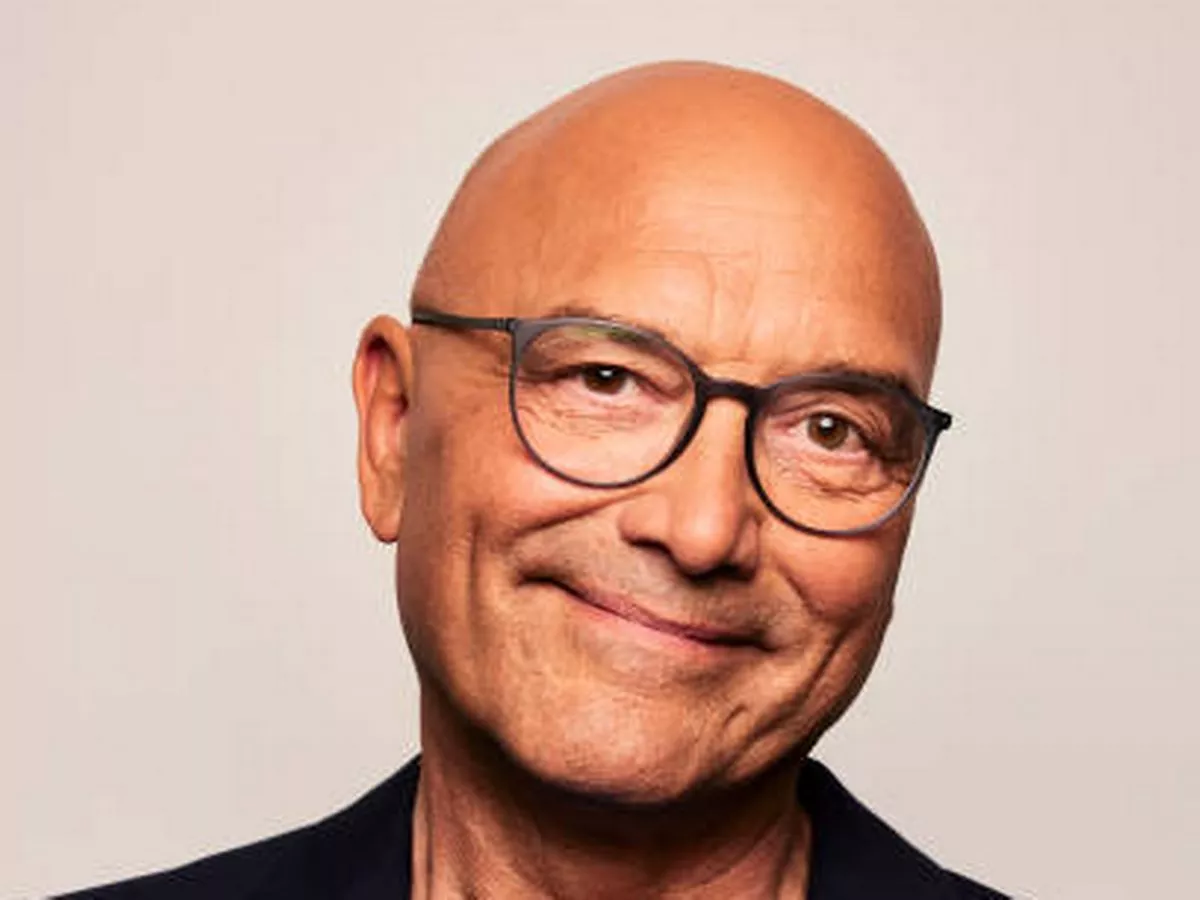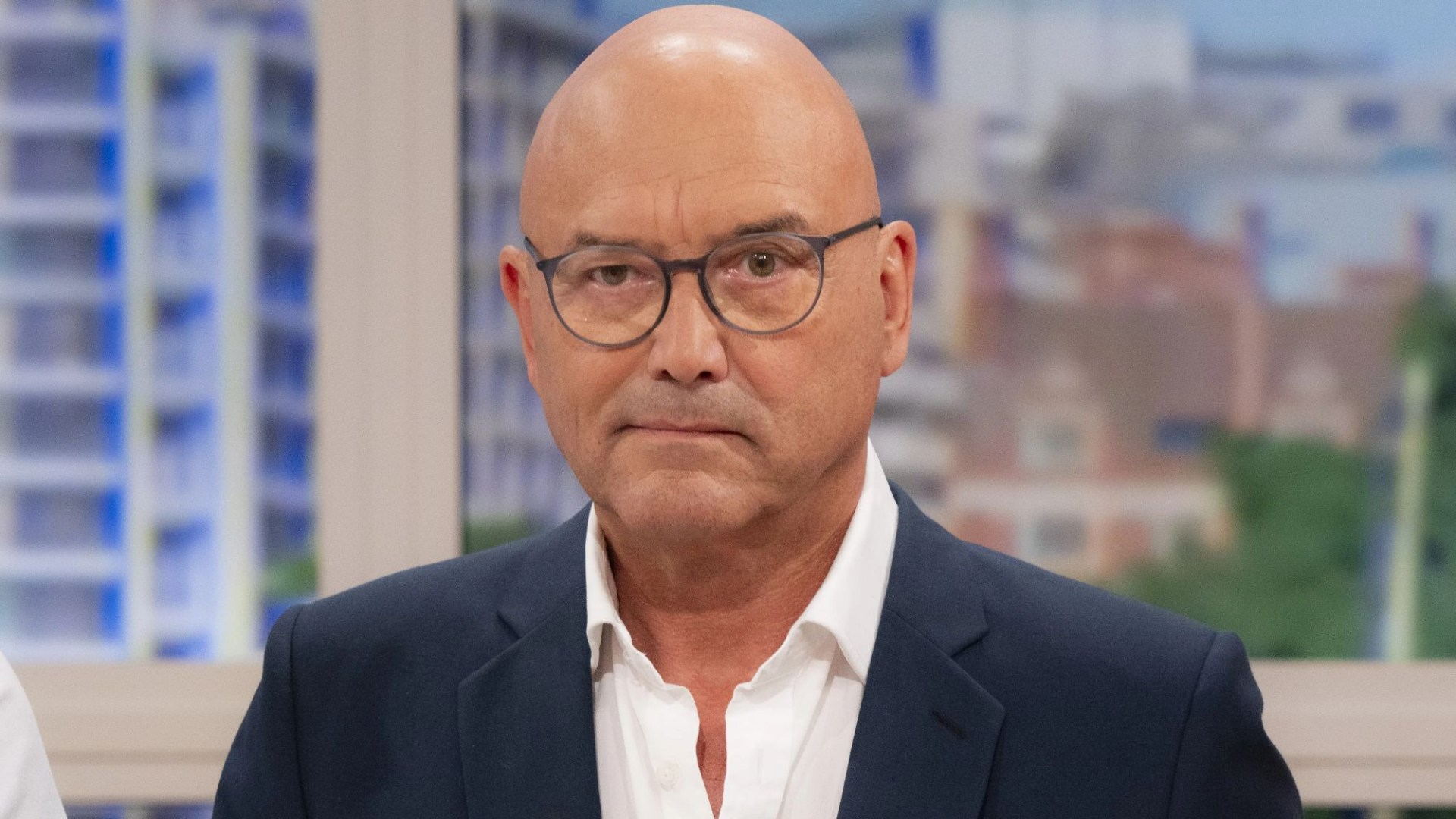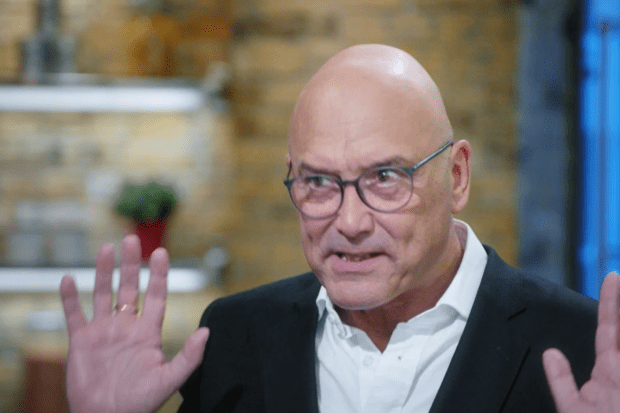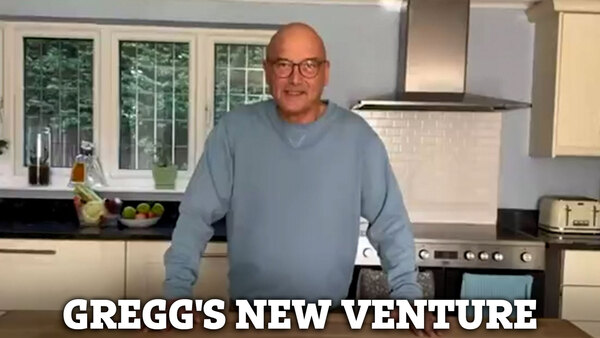Gregg Wallace Blames Ready Meals for Obesity Crisis Despite Launching His Own Range

Gregg Wallace, the familiar face from the popular television show MasterChef, has stirred considerable debate by attributing the rising rates of obesity in the United Kingdom to the widespread consumption of ready meals. This controversial remark comes on the heels of his recent foray into the world of frozen ready meals, which he has begun marketing under his own brand at a price point of roughly £8 each. As Wallace navigates this dissonance between his criticisms and his business ventures, the conversation surrounding health, convenience, and nutritional quality has amplified, raising critical questions about the food industry and celebrity endorsements.
In a recent blog post, Wallace voiced his concerns over the increasing prevalence of ready-made meals and takeaway culture in modern society. He argues that the convenience of these options, while appealing, has led many individuals to develop unhealthy dietary habits. This shift, he posits, is closely connected to alarming increases in obesity and type 2 diabetes rates across the nation. His comments spotlight a growing issue: the balance between convenience and nutrition in contemporary food choices.
The Paradox of Convenience

Wallace’s criticisms center on how the ease of access to ready meals can ultimately contribute to unhealthy eating patterns. He highlighted that individuals often opt for convenience over quality, leading to meals that are high in fat, sugar, and salt. While busy lifestyles push many toward quick-fix solutions, the long-term health implications of these dietary choices can be severe.
In an age where pre-packaged meals and takeaway options dominate the market, Wallace argues that these conveniences may push consumers toward unhealthy eating. He laments that society’s reliance on ready meals often takes precedence over home-cooked, balanced meals, which are generally more nourishing and beneficial for health. Through this lens, Wallace’s comments shed light on a broader societal trend where ease is prioritized over nutritional value.
His Brand of Frozen Meals

Despite his critiques, Wallace has introduced his own range of frozen ready meals, designed to provide a balance of taste and nutrition. This venture aims to offer consumers a healthier alternative to typical ready meals, which are often criticized for their poor nutritional profiles. Wallace asserts that his products will meet high standards in taste while also catering to health-conscious consumers, thus supporting their ambitions to eat better.
However, the introduction of his frozen meal line has raised questions about the sincerity of his stance on ready meals. Critics argue that promoting his brand while simultaneously denouncing the ready meal industry creates a conflicting image. The debate has intensified, especially considering Wallace’s recent controversies, including leaving his role on MasterChef amidst allegations of misconduct. Critics view his attempts to navigate his public persona as hypocritical, given the timing of his comments and actions.
Public Reaction and Context

The public response to Wallace’s statements has been mixed, with many labeling his remarks as hypocritical. Some fans admire his passion for improving the nutritional quality of convenient foods, while others view his stance with skepticism, questioning whether his new line of products truly aligns with addressing the obesity crisis. Political figures and commentators have criticized his previous comments regarding allegations and his conduct, saying these undermine his current efforts to appear as a champion of healthy eating.
As social media amplifies public discourse, Wallace’s attempts to brand himself in the interest of health while dealing with personal controversies may highlight larger systemic issues within not just the food industry, but celebrity culture as a whole. His situation exemplifies the challenges faced by culinary figures, especially when personal and professional lines become blurred. Addressing the duality of his message while managing ongoing scrutiny will be crucial as he continues to evolve his brand.
Conclusion

Gregg Wallace’s recent comments about ready meals and their impact on obesity have sparked significant discussion, particularly in light of his own business ventures in this space. As he navigates these controversies, the impact of convenience food on public health remains a pressing issue. For those interested in healthier eating, it’s essential to remain informed and critical of food choices. Embracing a balanced approach to nutrition can lead to better health outcomes and more informed dietary habits. Consider exploring healthier meal options and striving for a diet that prioritizes nutritional quality over convenience.






